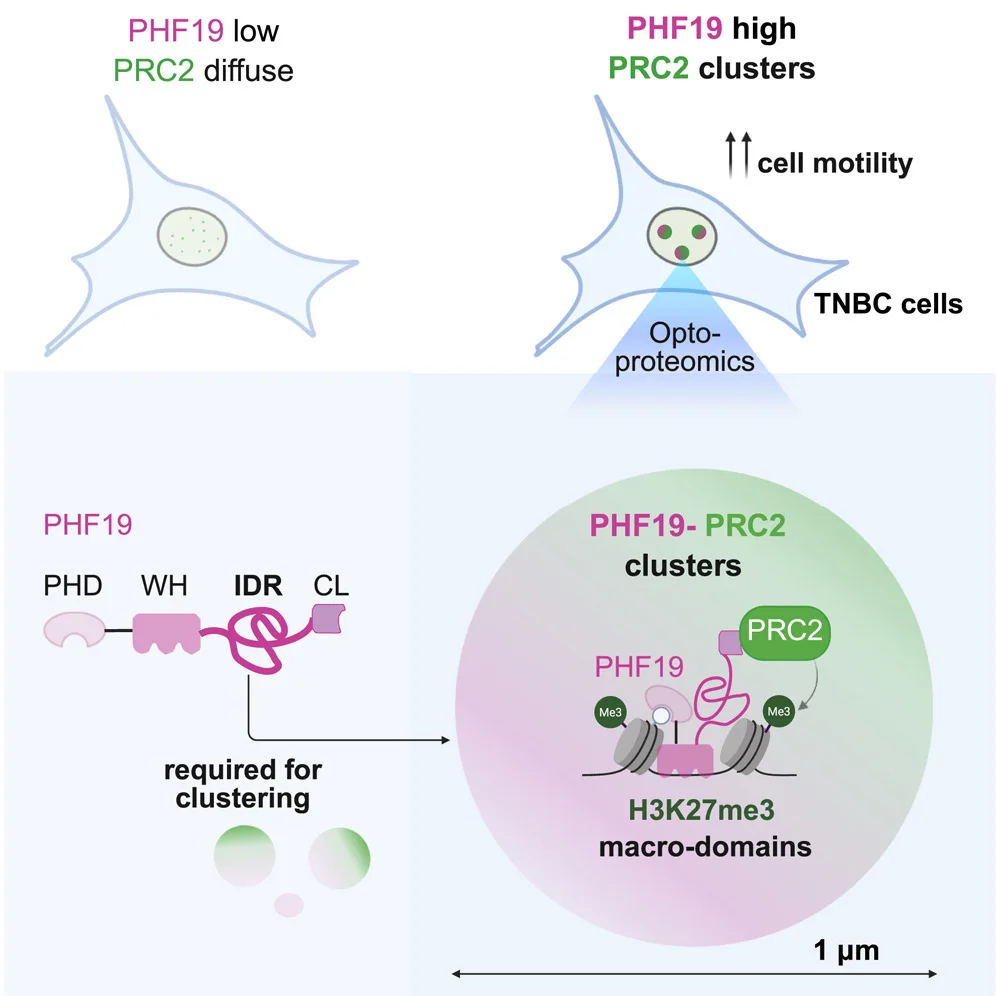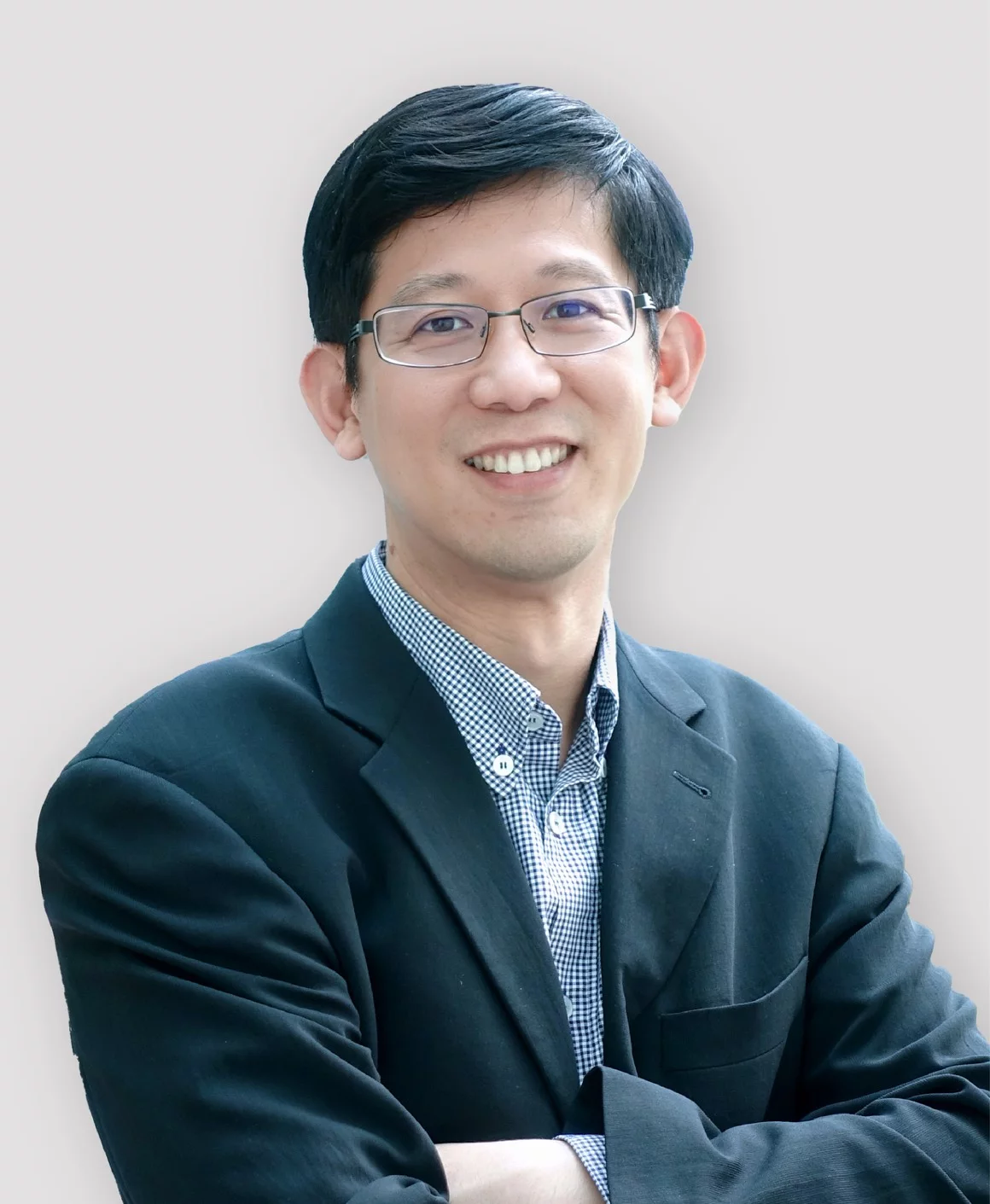
Dr. Jung-Chi Liao founded SYNCELL in 2020 with the optoproteomics technology invented in his lab at Academia Sinica in Taiwan. Under his guidance, the SYNCELL team is advancing the Microscoop product development and business strategy to realize SYNCELL’s vision to become a dominant player in spatial omics. Dr. Liao takes a precision synergy approach to create a cooperative and efficient culture suitable for multidisciplinary communication. Having been immersed in the high-tech spinoff environment at MIT, Cal Berkeley, Stanford, and Columbia, he shapes SYNCELL to match the high caliber and advance toward a leading global life science equipment company.
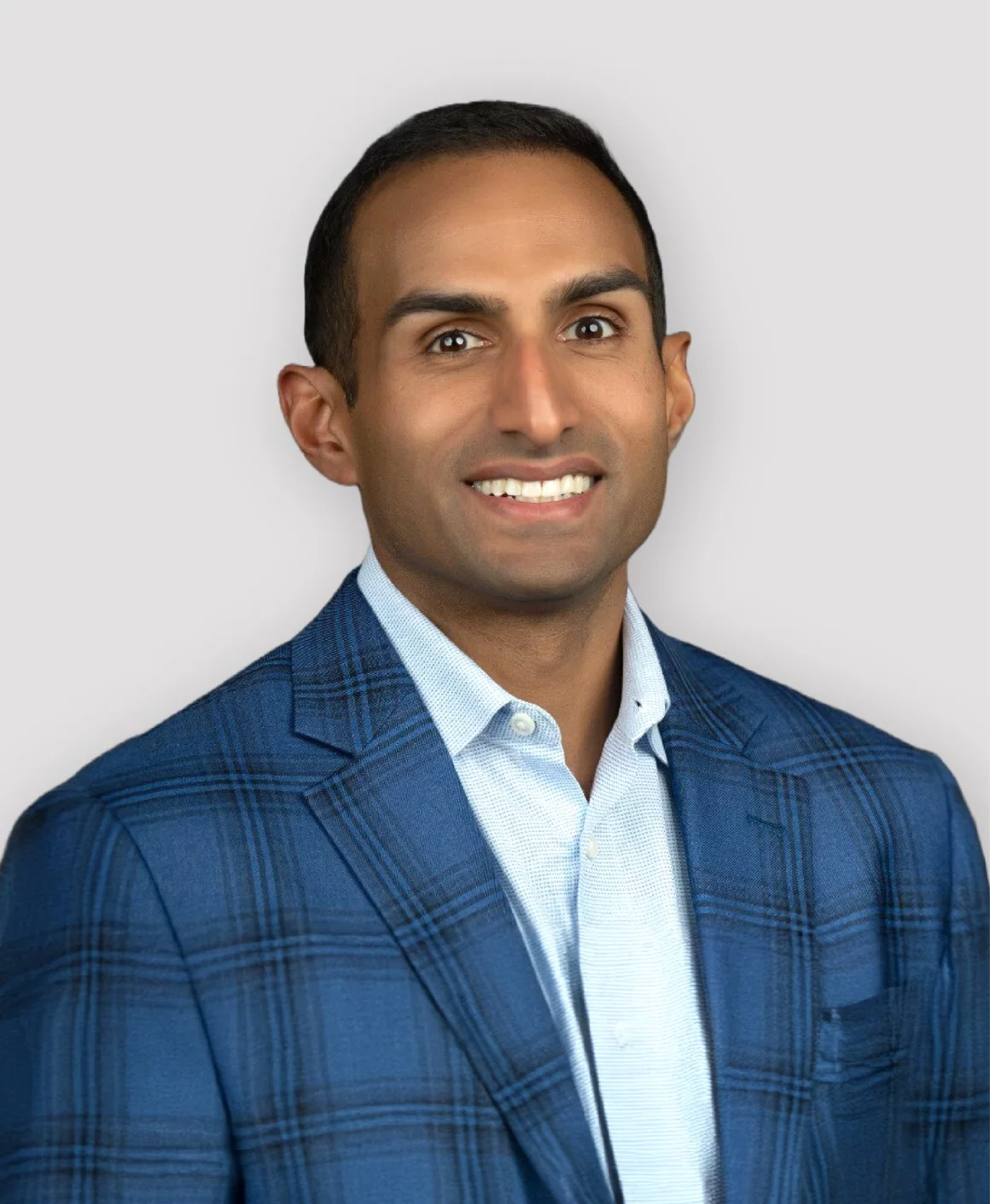
Nikhil Rao, PhD is a seasoned commercial leader in the life science industry recognized for fostering innovation and collaboration, driving customer adoption, and shaping market strategies within the biotechnology industry. Nikhil most recently served as the Vice President of the Spatial Business Unit at 10x Genomics where he spearheaded significant growth initiatives, propelling the spatial portfolio from inception, launching Visium and Xenium platforms by building global product management, marketing, and sales teams, to generate hundreds of millions in revenue. He has previous expertise at Becton Dickinson and Asuragen in both product management and R&D functions particularly in single cell, spatial multiomics, and RNA technologies. Nikhil holds a PhD in Bioengineering from UC San Diego and a B.S. in Chemical & Biomolecular Engineering from The Johns Hopkins University, providing a robust educational foundation for his professional achievements.
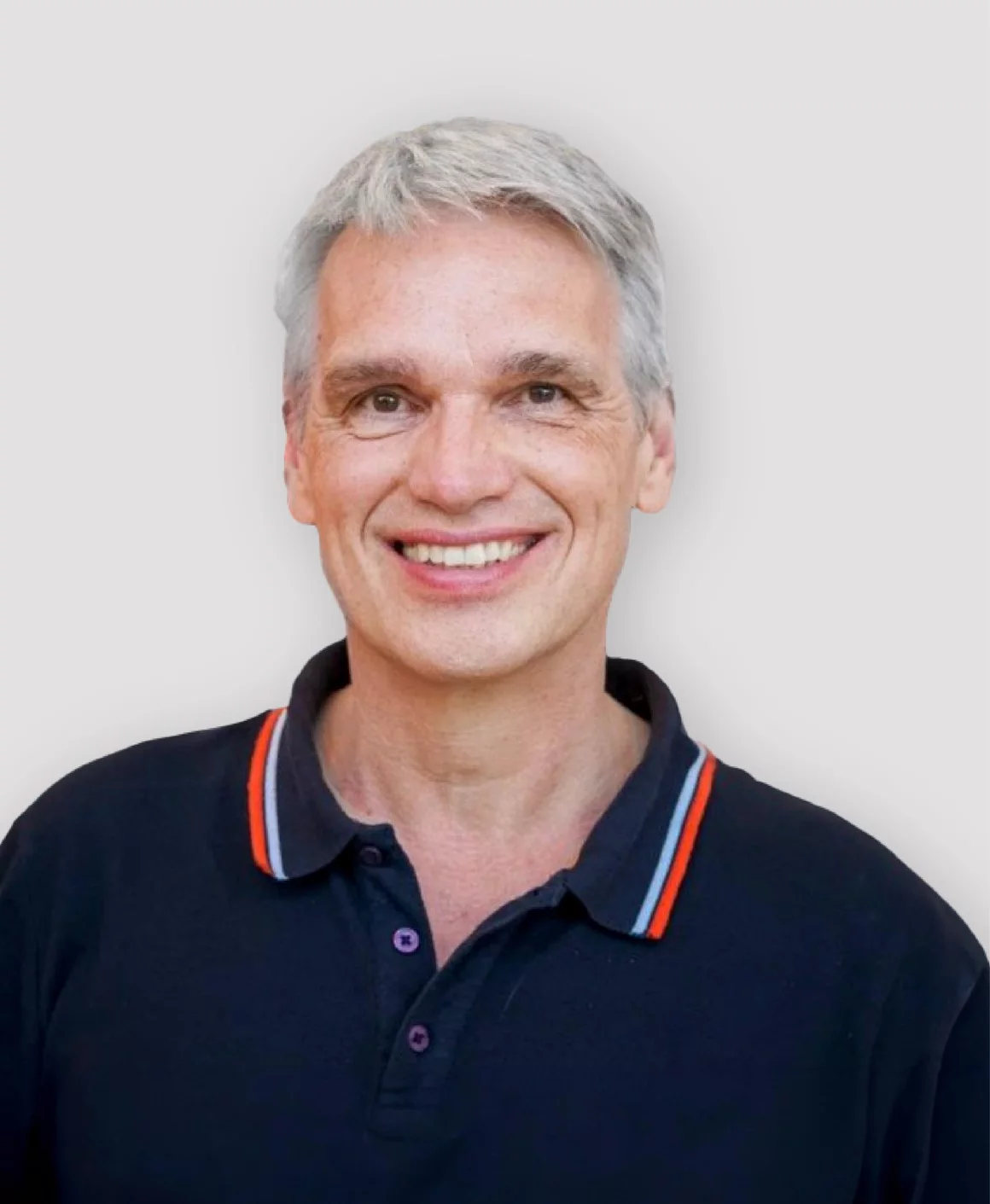
Brad Thies served for more than two decades as general counsel to public companies. Most notably, Mr. Thies was Senior Vice President of Law & Administration, General Counsel and Secretary to FEI Co (now ThermoFisher Scientific) an analytical instruments company. He was also Interim Chief Legal Officer at LUMICKS, a life sciences scale-up, as well as General Counsel for Webtrends and DataWorks Corp (now Epicor), both of which were enterprise software companies. Mr. Thies’ work has involved mergers and acquisitions, corporate governance, commercial work, compliance, intellectual property, human resources and a range of other matters. Mr. Thies holds a B.A. from Willamette University and a J.D. from Columbia Law School.
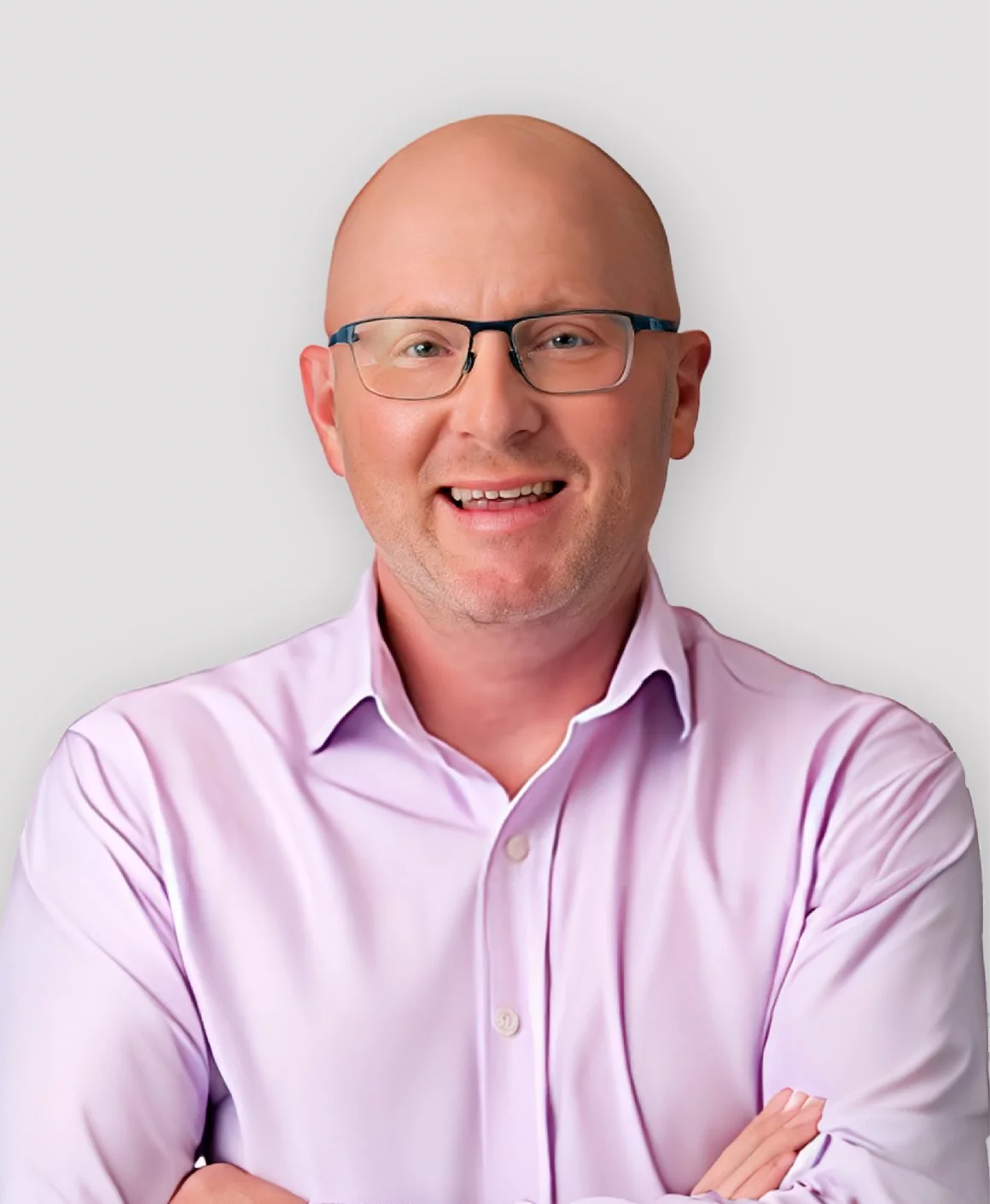
Michael is a strategic leader and passionate advocate for customer success, dedicated to building world-class customer support teams that empower Life Sciences research and clinical customers. With a strong focus on developing the processes, systems, and tools needed for success, he believes that a purpose-driven, accountable, and customer-centric team can transform any business. As Vice President of Global Customer Solutions at Bionano Genomics, Inc., Michael built a diverse team to deliver cutting-edge solutions worldwide, driving customer satisfaction, retention, and business growth in the competitive genomics industry. His expertise lies in fostering independent, high-performing teams that thrive under pressure, collaborate effectively, and prioritize customer success.
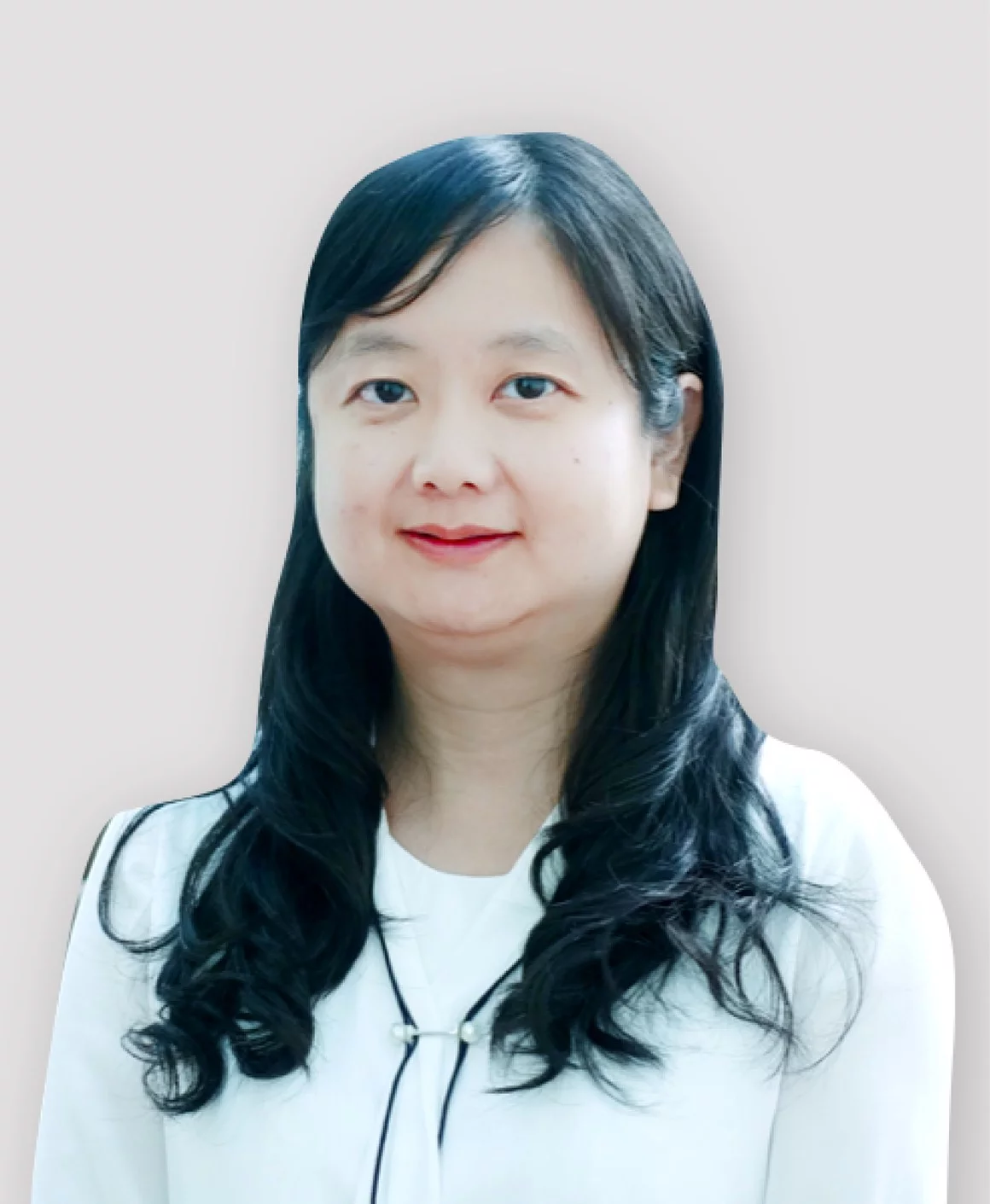
Ya-Lan Hsieh has been serving as Vice President of Administration since the inception of Syncell in May 2020. At Syncell, she oversees human resources, finance, licensing/contracts, and office management. Prior to joining Syncell, Ya-Lan served as the General Manager of Taiwan Biobank, where she successfully built and scaled the whole operation to build the largest biorepository and database with annotated genetic, environmental, and clinical information of local population. During her 14-year career at Taiwan Biobank, her leadership and operational excellence helped lay a solid foundation for biomedical research and clinical investigations in Taiwan.
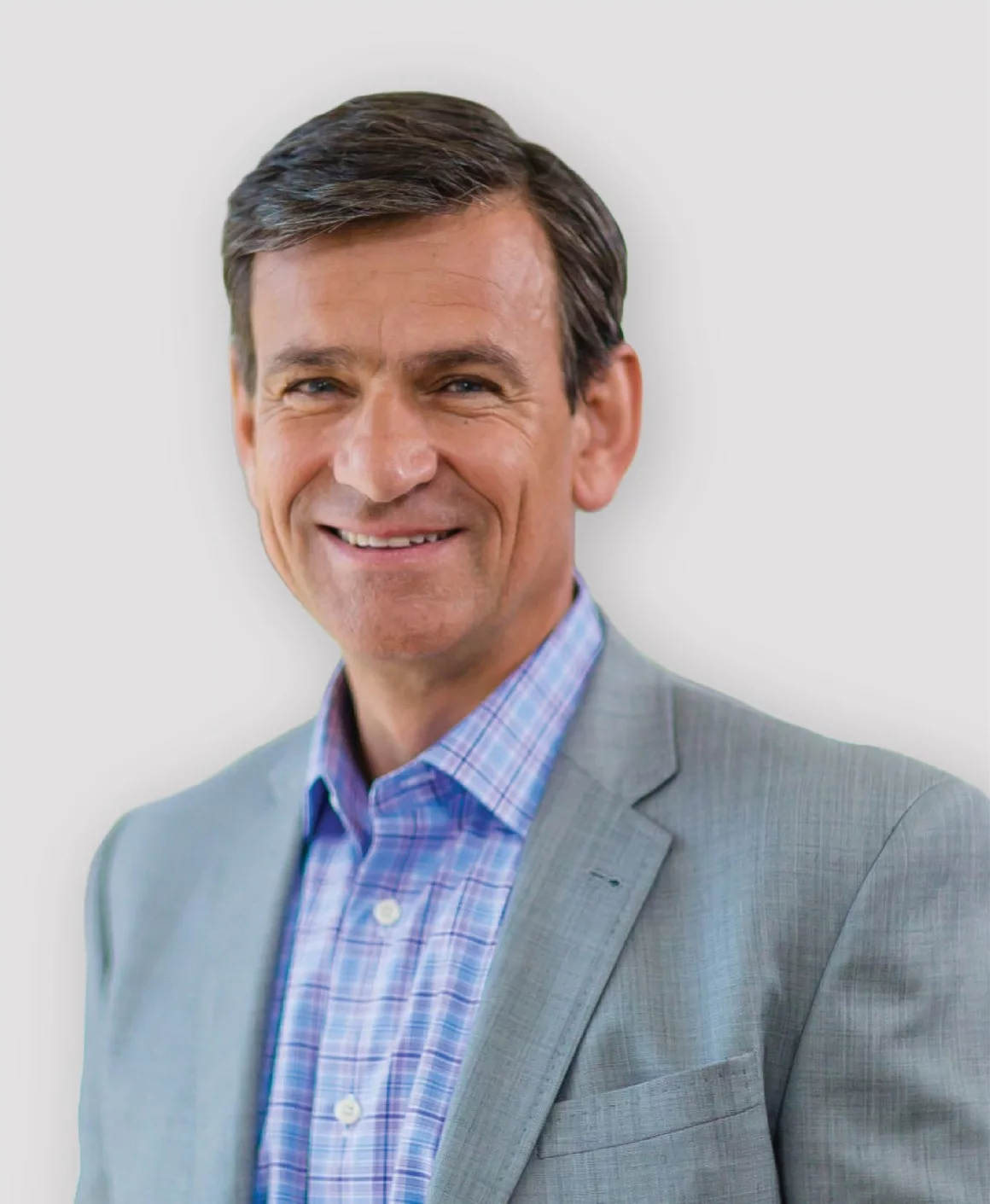
Dr. Martin Madaus has 30+ years’ experience in biotechnology, diagnostics, and pharma industry. He is currently Chairman of Quanterix, Senior Healthcare Operating Executive of the Carlyle Group, and a Board Member of Standard Biotools, Repligen, Unchained Labs, Emulate Bio, and Syntis Bio. Previously, Dr. Madaus served as President, Chairman, and CEO of Millipore, when Millipore was acquired by Merck KGaA. He also served as President and CEO of Roche Diagnostics North America, Chairman and CEO of Ortho-Clinical Diagnostics, CEO and President of Quanterix, and a Board Member of Mettler Toledo. Dr. Madaus received a Doctor of Veterinary Medicine from the University of Munich in Germany and a Ph.D. in Veterinary Medicine from the Veterinary School of Hanover in Germany.
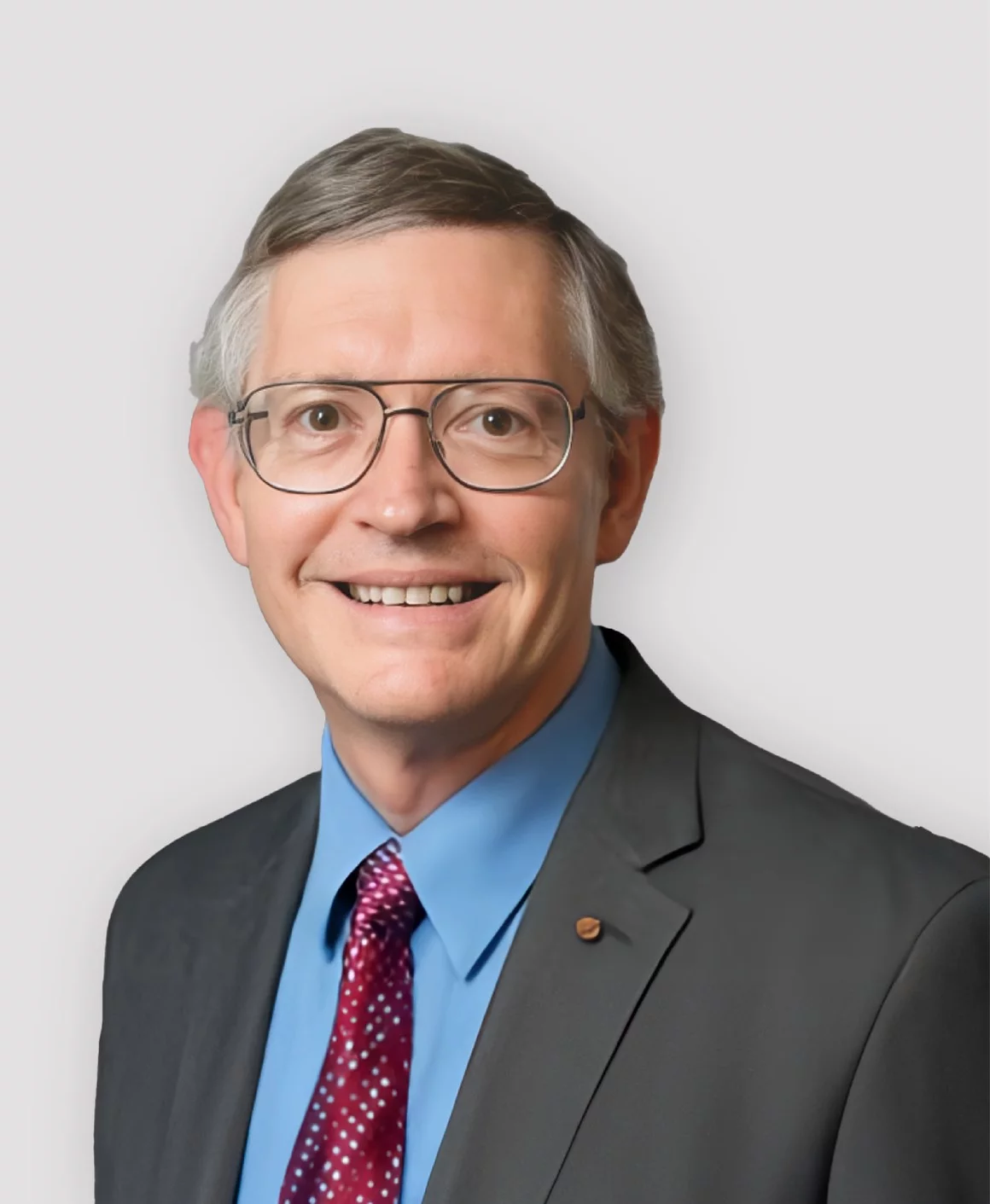
Dr. W. E. Moerner is the Harry S. Mosher Professor of Chemistry and Professor by courtesy of Applied Physics at Stanford University. He has conducted research in physical chemistry, biophysics, and the optical properties of single molecules, and is actively involved in the development of 2D and 3D super-resolution imaging for cell biology, including protein superstructures in bacteria, cells, and studies of chromatin organization, and dynamics of regulatory proteins in the primary cilium. His research uses single molecule spectroscopy and powerful microscopes optimized for tracking of single biomolecules in cells, and measures the motions of proteins, DNA, and RNA in three dimensions in real time to study biological processing, binding interactions and molecular dynamics.
Among many other honors and awards, Professor Moerner was elected fellow of the American Physical Society, Optical Society of America, American Association for the Advancement of Science, American Academy of Arts and Sciences, member of the National Academy of Sciences, and was recognized with the 2014 Nobel Prize in Chemistry “for the development of super-resolved fluorescence microscopy.”
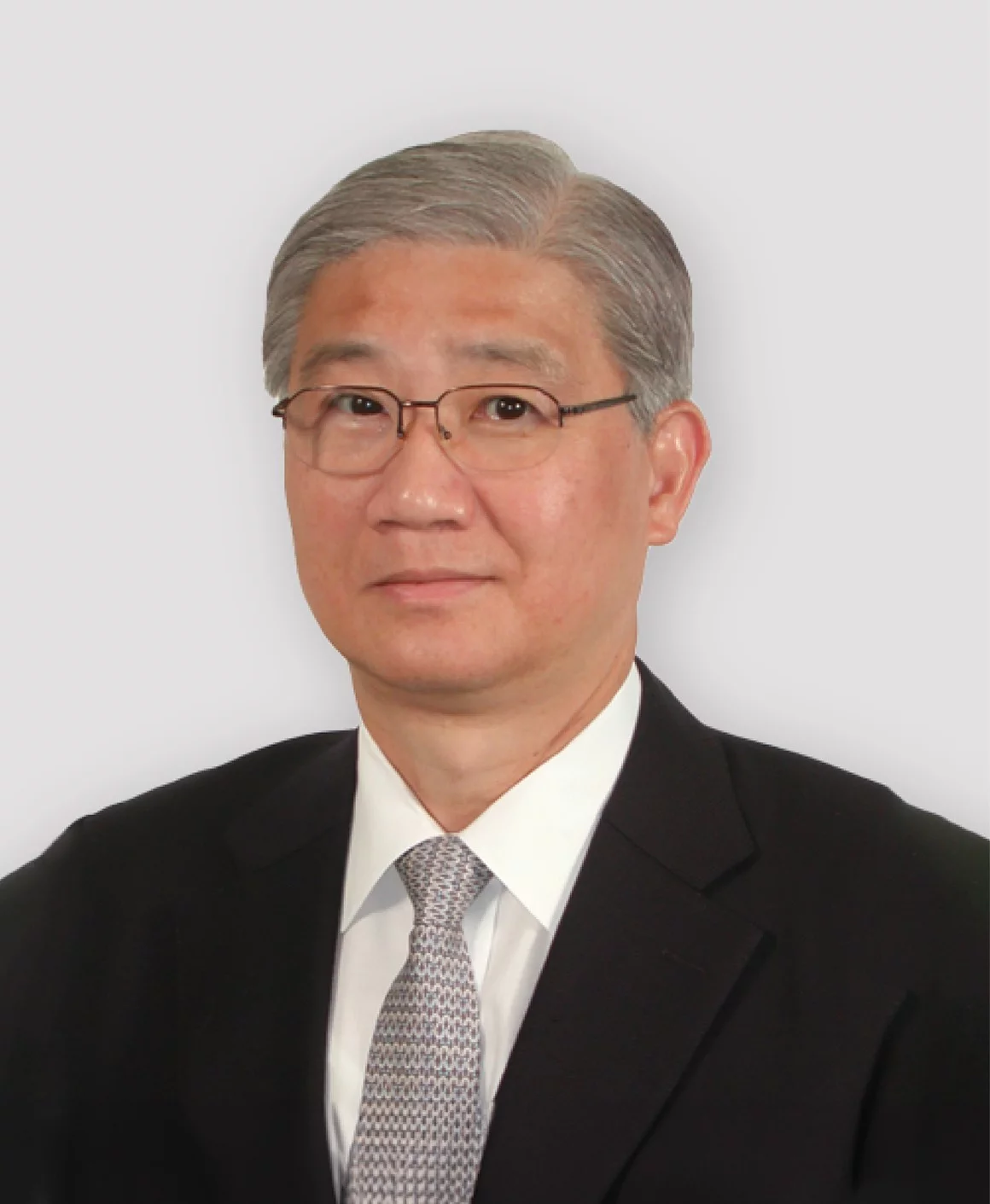
Dr. Yang is Chair Professor of National Taiwan University. He is former president of National Taiwan University and member of Academia Sinica, World Academic of Science and the National Academy of Inventors. His research interests are lung cancer genomics and precision cancer therapy. He is actively involved in developing novel strategies, including multi-omics, aptamer, nanotechnology and siRNA to improve diagnosis and therapy for cancer and infectious diseases, including COVID-19. His team recently by proteogenomics revealed distinct genetic and environmental signatures of lung cancer pathogenesis and progression in never-smokers. He received the 2020 IASLC Joseph W. Cullen Distinguished Award because of the contributions in leading the lung cancer screening and improving the survival of lung cancer patients.
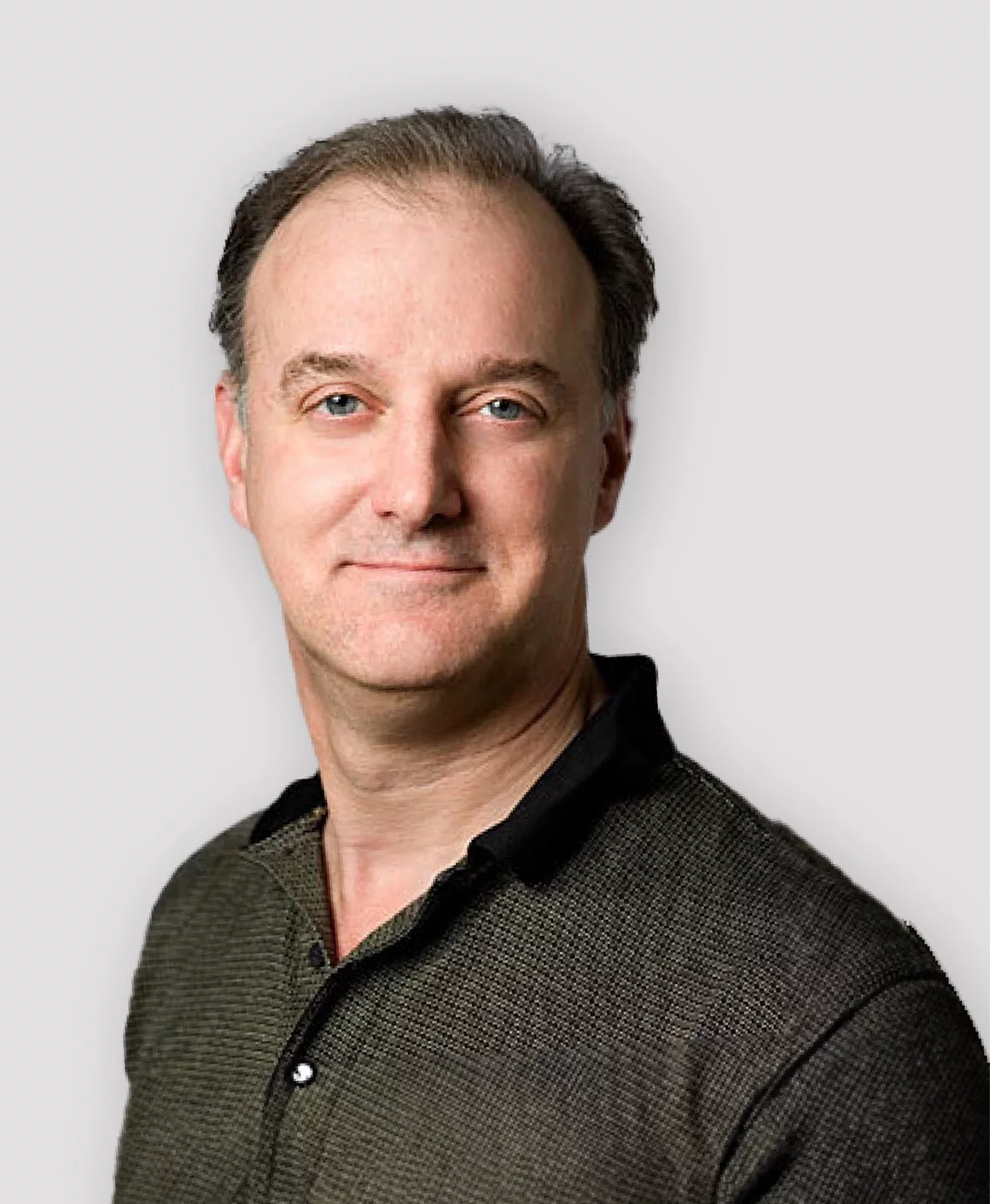
Dr. Peter K. Jackson is a Professor in the Baxter Laboratory for Stem Cell Biology, Department of Microbiology & Immunology, at the Stanford University. Between 1995 and 2005, he was a faculty at Stanford University School of Medicine and was involved in the studies of cell cycle biochemistry, regulation of the cancer by kinases and phosphatases, the ubiquitin-proteasome system, and the discovery of a new physiological class of competitive (“pseudosubstrate”) E3 ubiquitin ligase inhibitors, exemplified by the APC/C regulator Emi1.
He became a Staff Scientist at Genentech in 2005. At Genentech, he helped define and implement the development of therapeutics for cancer pathways including cell cycle checkpoints, stress pathways, and tumor metabolism. In 2013, he returned to Stanford University and has been focusing on signaling through the primary cilium, using proteomic approaches to define regulatory networks and new disease genes to create molecular signatures for diagnostics and therapeutic development.
He has received many awards and honors for his distinguished research, including awards from the Baxter Foundation, Howard Hughes Medical Institute, the American Cancer Society, the Pluto Society, and being a Stanford Hume Faculty Scholar and a Kirsch Scholar, and was elected a Fellow of the American Association for the Advancement of Science in 2008.
